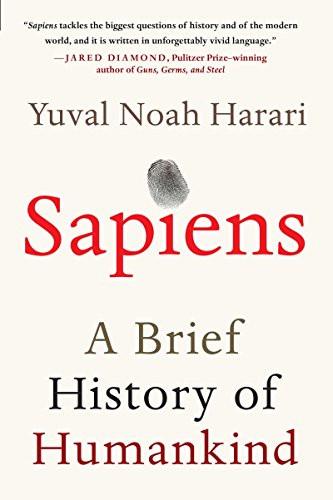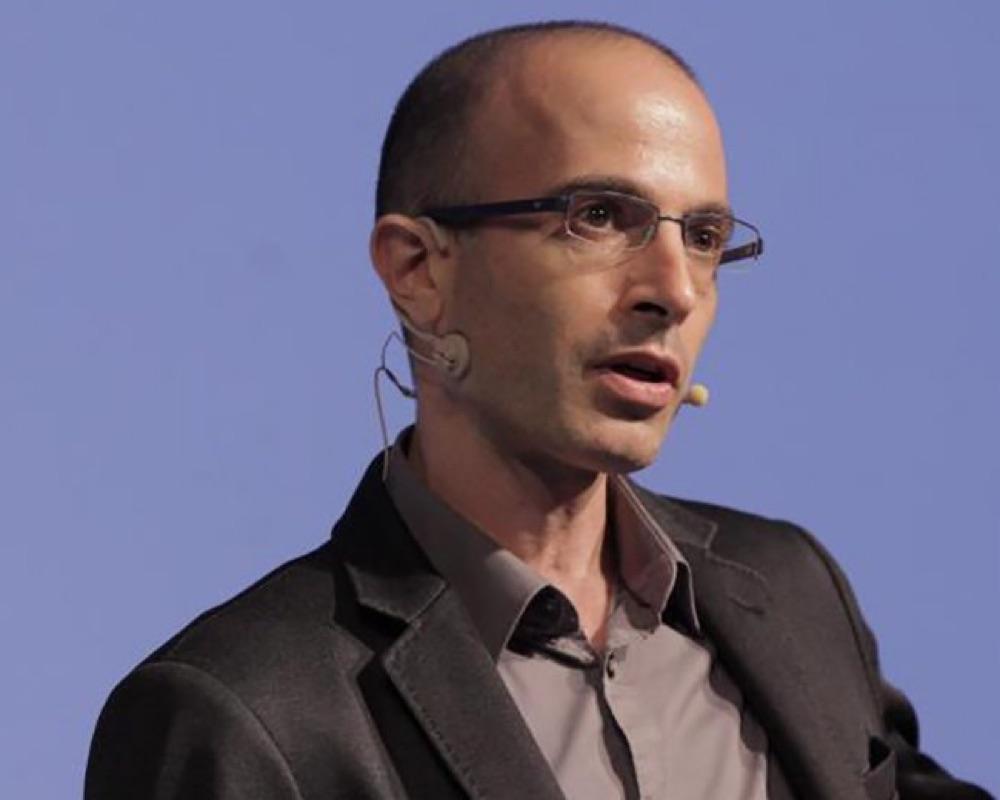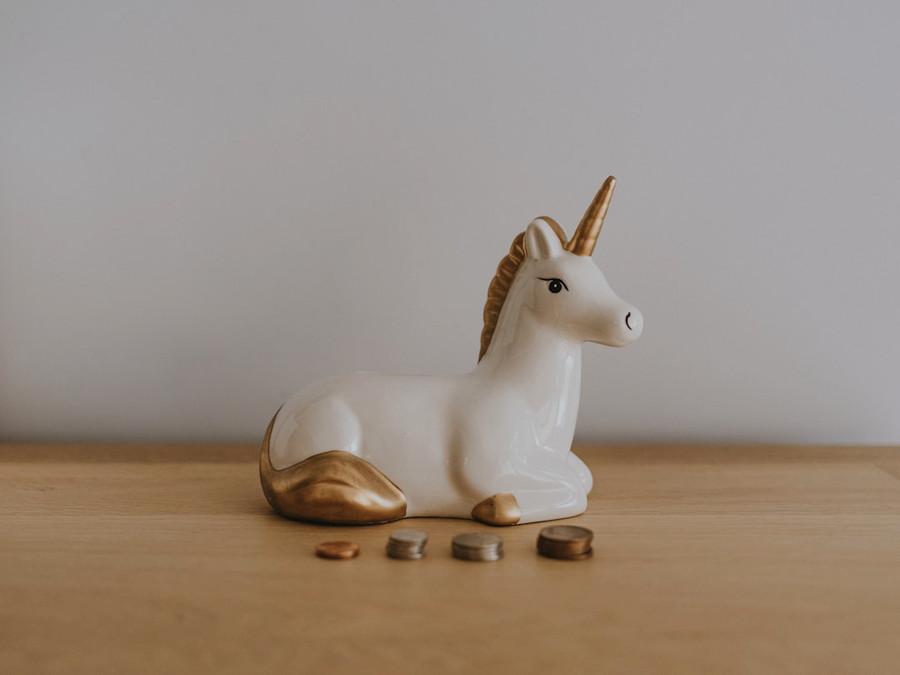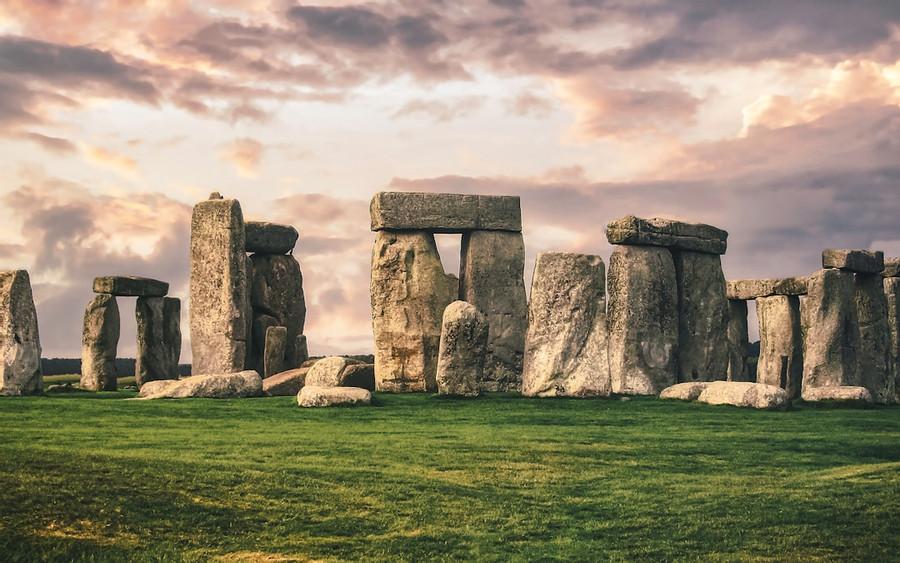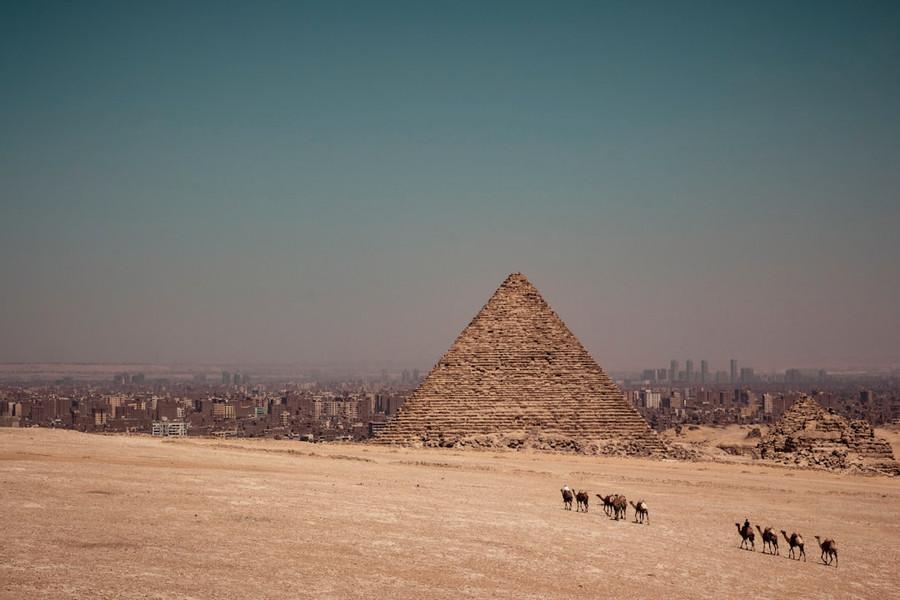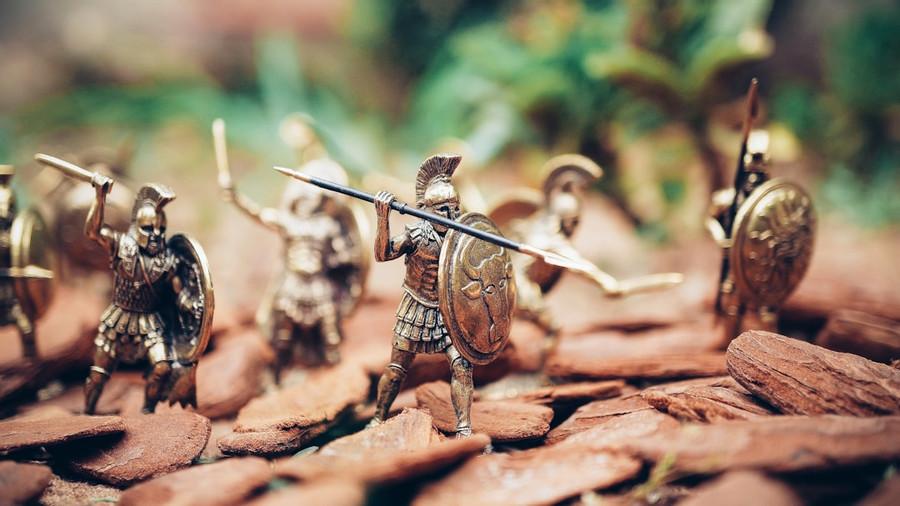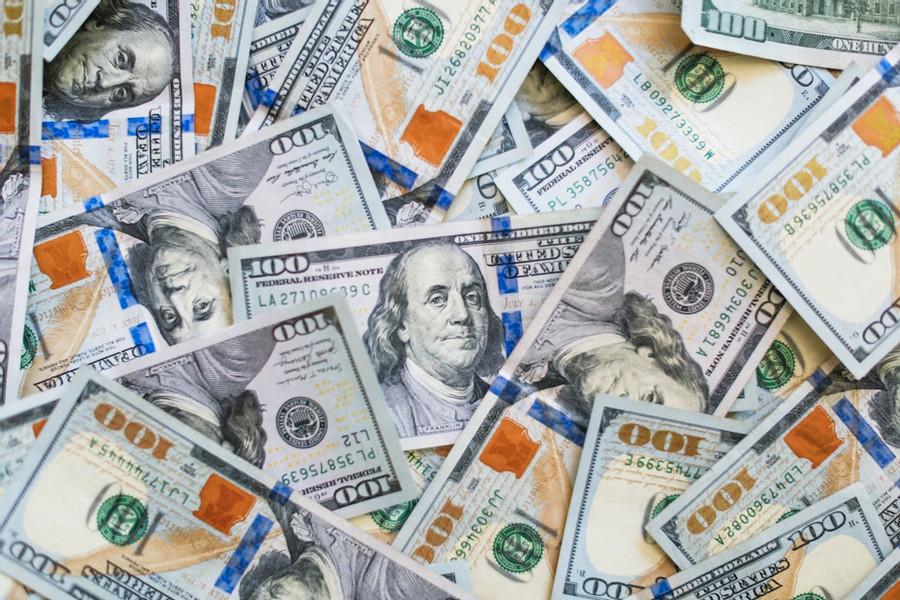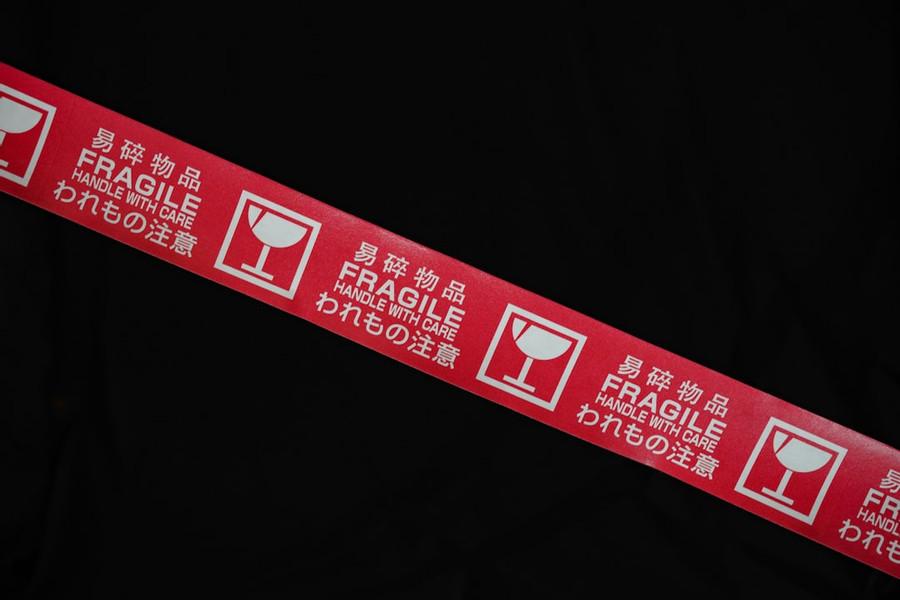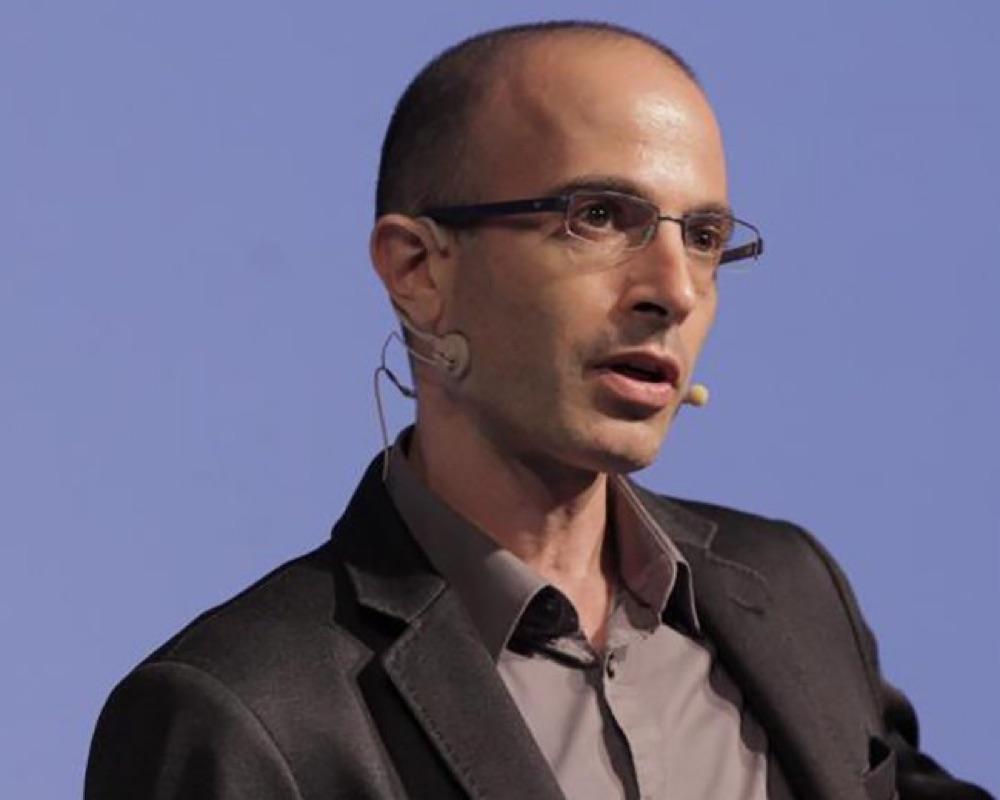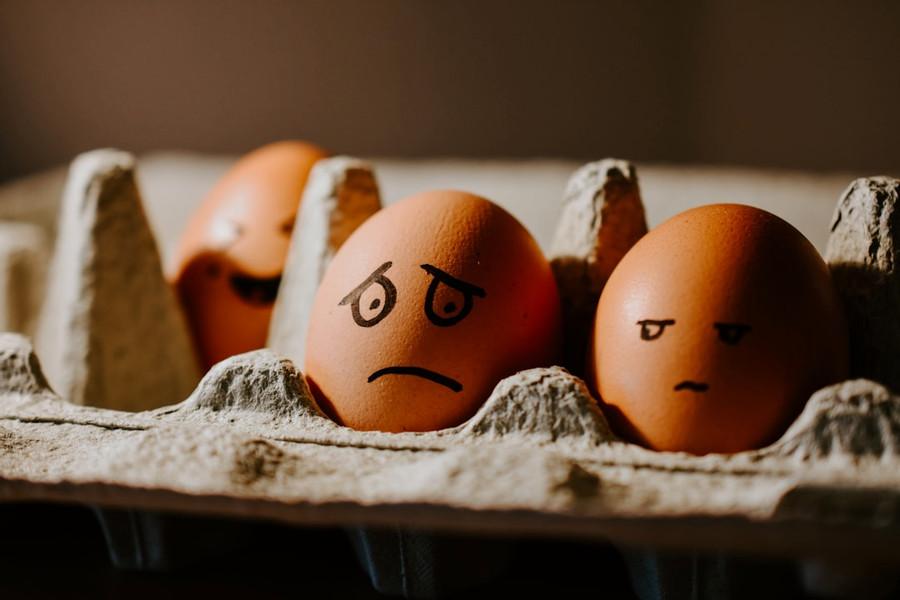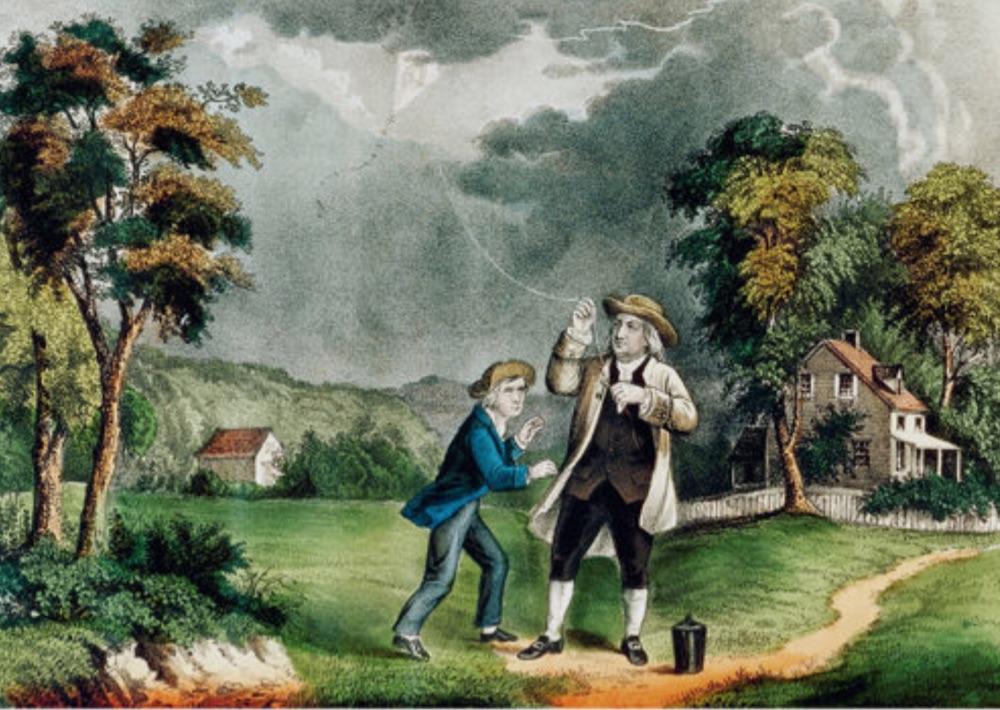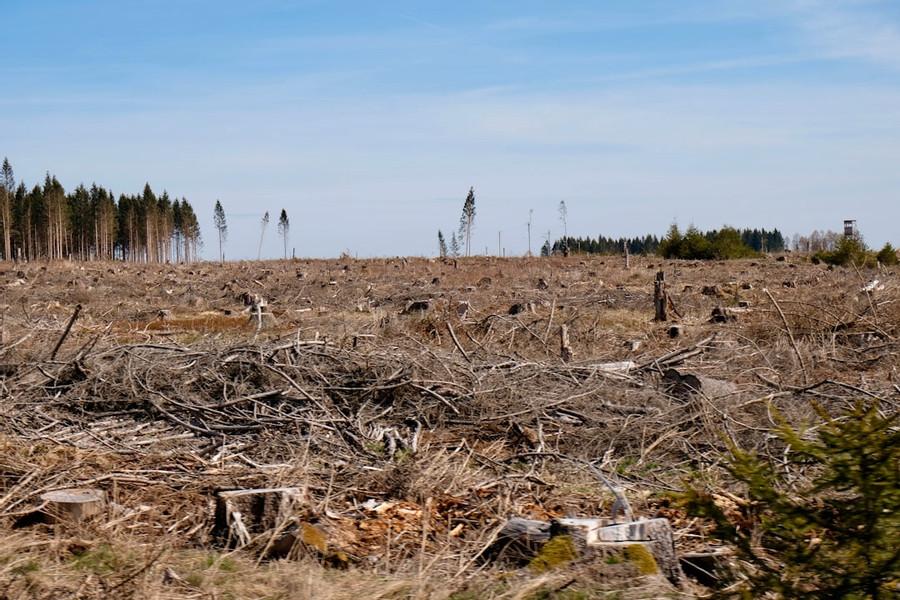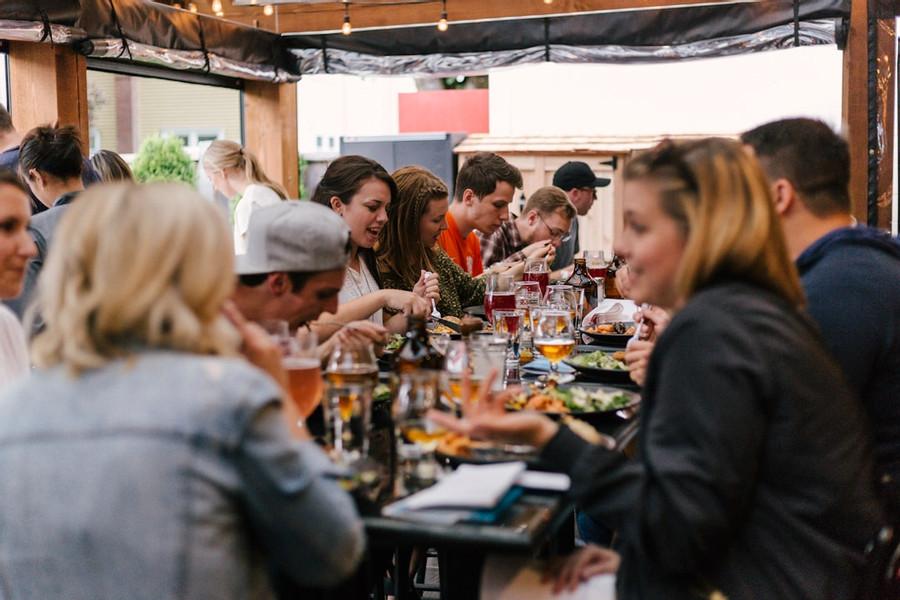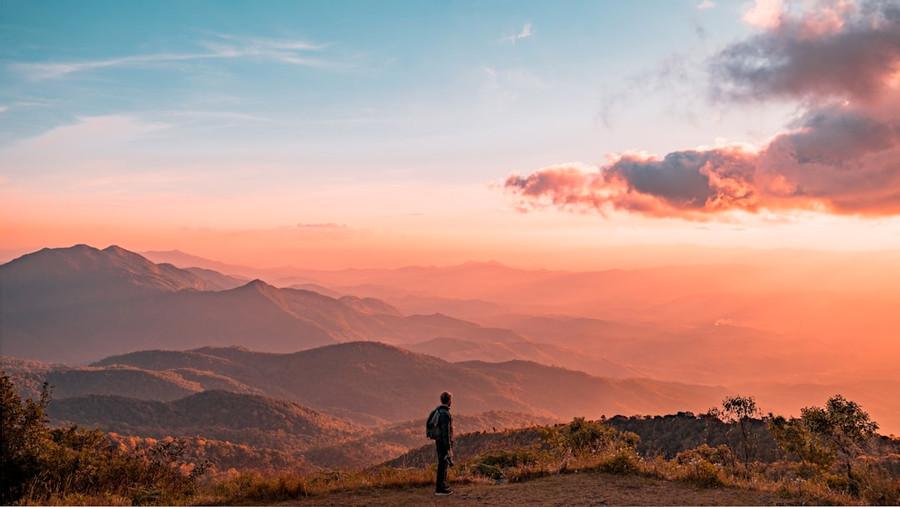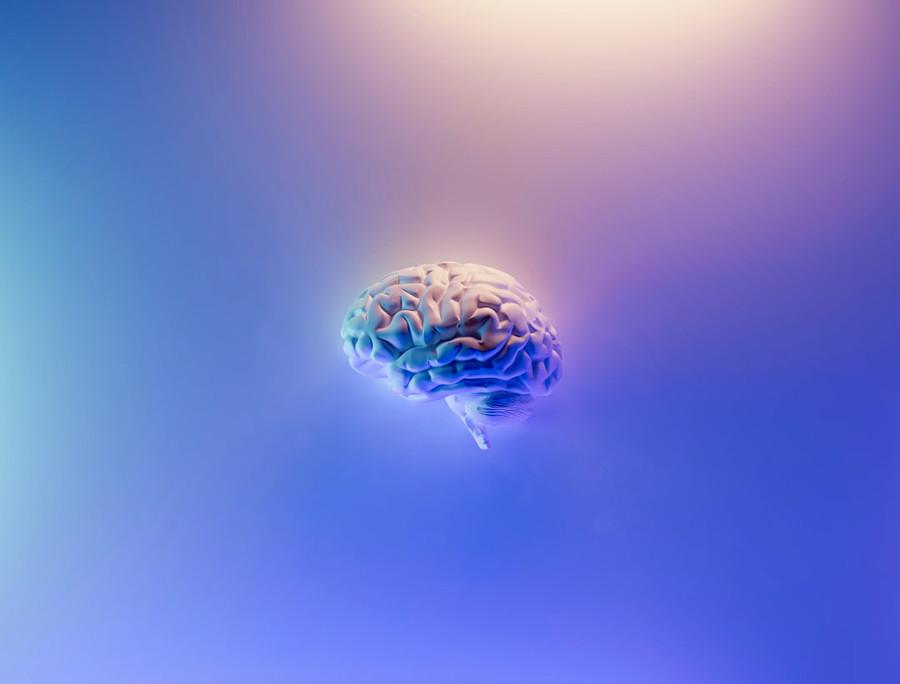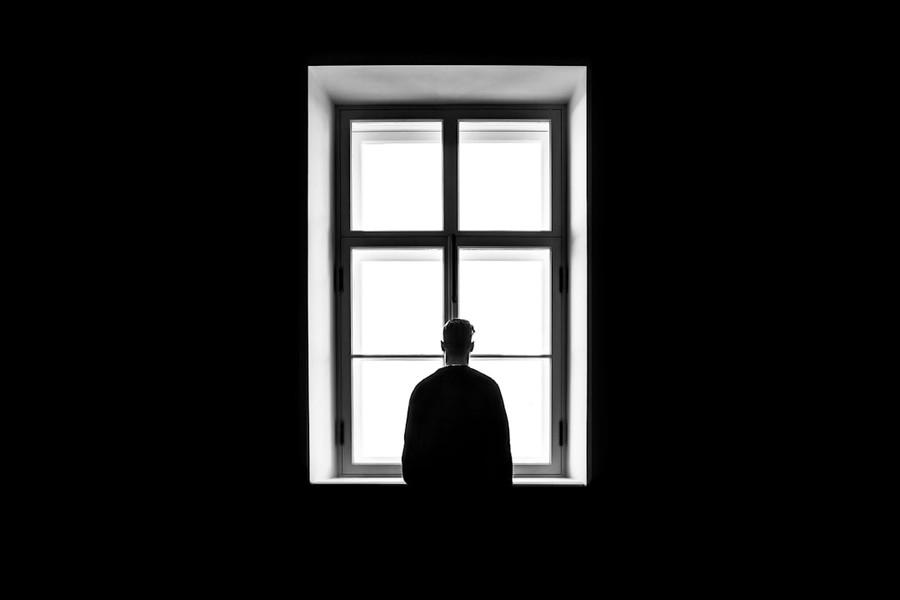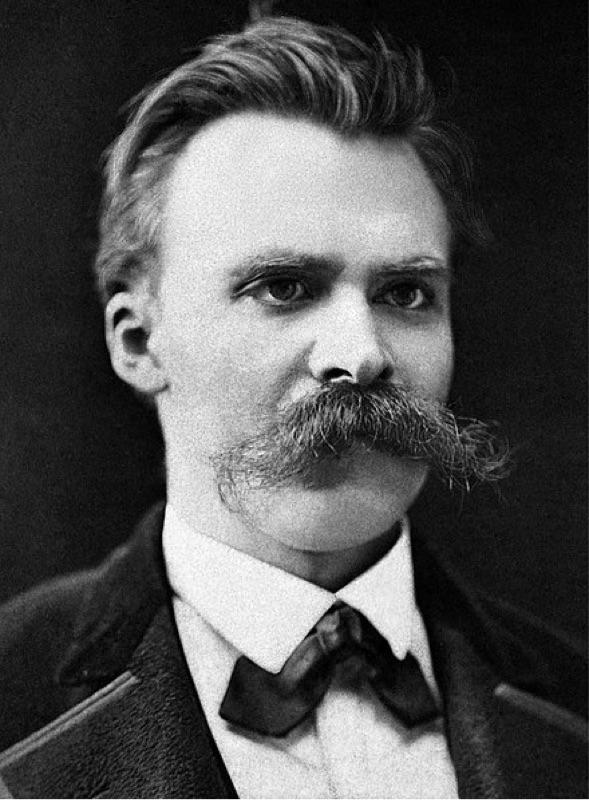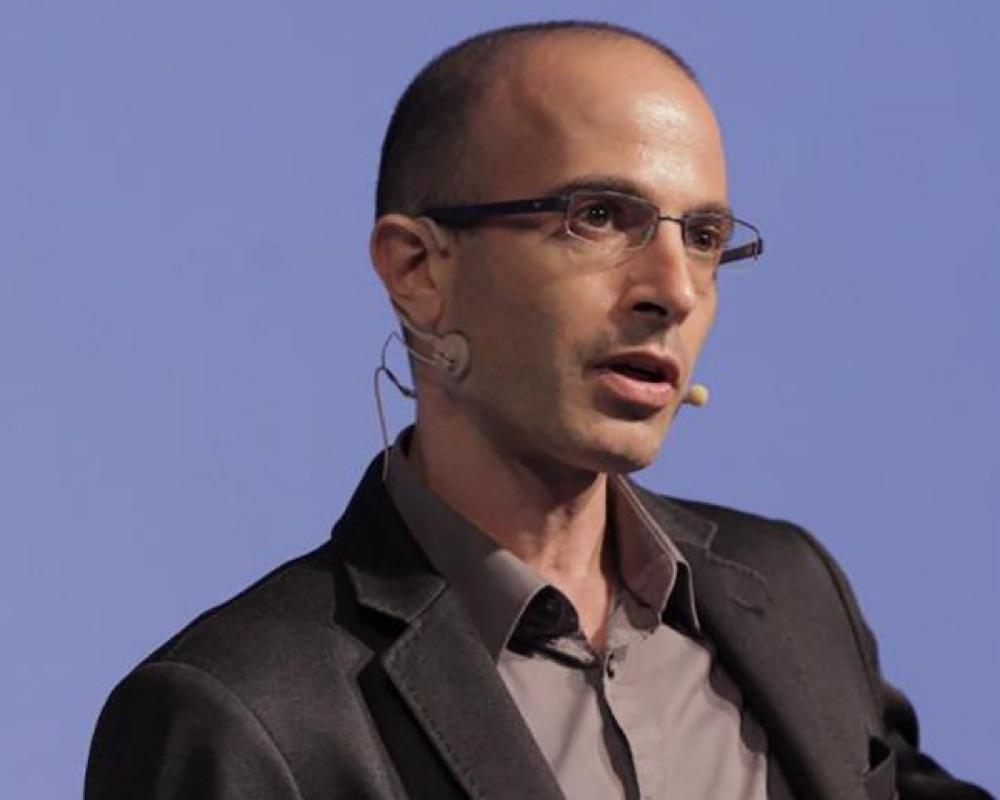Prince Rahul's Key Ideas from Sapiens
by Yuval Noah Harari
Ideas, facts & insights covering these topics:
40 ideas
·97.8K reads
226
7
Explore the World's Best Ideas
Join today and uncover 100+ curated journeys from 50+ topics. Unlock access to our mobile app with extensive features.
“I encourage all of us, whatever our beliefs, to question the basic narratives of our world, to connect past developments with present concerns and not to be afraid of controversial issues"
YUVAL NOAH HARARI
745
8.54K reads
A Race Of Cooks
- The best thing fire did was cook.
- Cooking killed germs and parasites that infested food.
- The advent of cooking enabled humans to eat more kinds of food, to devote less time to eating, and to make do with smaller teeth and shorter intestines.
- Whereas chimpanzees spend five hours a day chewing raw food, a single hour suffices for people eating cooked food.
724
5.81K reads
The Tree Of Knowledge
- You could never convince a monkey to give you a banana by promising him limitless bananas after death in monkey heaven.
- But why is it important? After all, fiction can be dangerously misleading or distracting.
- People who go to the forest looking for fairies and unicorns would seem to have less chance of survival than people who go looking for mushrooms and deer.
- And if you spend hours praying to non-existing guardian spirits, aren’t you wasting precious time, time better spent foraging, fighting and fornicating?
742
5.22K reads
An Imagined Order
- Large numbers of strangers can cooperate successfully by believing in common myths.
- Yet none of these things exists outside the stories that people invent and tell one another. There are no gods in the universe, no nations, no money, no human rights, no laws, and no justice outside the common imagination of human beings.
777
4.61K reads
Dual Reality
- Ever since the Cognitive Revolution, Sapiens has thus been living in a dual reality.
- On the one hand, the objective reality of rivers, trees and lions; and on the other hand, the imagined reality of gods, nations and corporations.
- When two strangers in a tribal society want to trade, they will often establish trust by appealing to a common god, mythical ancestor or totem animal.
718
4.02K reads
Natural Order Vs Imagined Order
- A natural order is a stable order. There is no chance that gravity will cease to function tomorrow, even if people stop believing in it.
- In contrast, an imagined order is always in danger of collapse, because it depends upon myths, and myths vanish once people stop believing in them.
751
3.63K reads
Why we binge on the sweetest and greasiest food we can find?
- In the savannahs and forests they inhabited, high-calorie sweets were extremely rare and food in general was in short supply.
- The instinct to gorge on high-calorie food was hard-wired into our genes.
- Today we may be living in high-rise apartments with over-stuffed refrigerators, but our DNA still thinks we are in the savannah.
726
3.46K reads
History’s Biggest Fraud
- The Agricultural Revolution was history’s biggest fraud.
- Who was responsible? The culprits were a handful of plant species, including wheat, rice and potatoes.
- The body of Homo sapiens had not evolved for such tasks. It was adapted to climbing apple trees and running after gazelles, not to clearing rocks and carrying water buckets.
- Moreover, the new agricultural tasks demanded so much time that people were forced to settle permanently next to their wheat fields. This completely changed their way of life.
- We did not domesticate wheat. It domesticated us.
765
3.24K reads
The Luxury Trap
One of history’s few iron laws is that luxuries tend to become necessities and to spawn new obligations. Once people get used to a certain luxury, they take it for granted. Then they begin to count on it. Finally they reach a point where they can’t live without it.
750
3.11K reads
Building Pyramids
- Henceforth, attachment to ‘my house’ and separation from the neighbours became the psychological hallmark of a much more self-centred creature.
- People found it difficult to leave their artificial islands. They could not abandon their houses, fields and granaries without grave risk of loss.
695
3K reads
There is No Justice in History
- In organised crime, the big boss is not necessarily the strongest man. He is often an older man who very rarely uses his own fists; he gets younger and fitter men to do the dirty jobs for him.
- If people realise that human rights exist only in the imagination, isn’t there a danger that our society will collapse?
- Voltaire said that ‘there is no God, but don’t tell that to my servant, lest he murder me at night’.
740
2.84K reads
The Arrow Of Histroy
A Myths and fictions accustomed people, nearly from the moment of birth, to think in certain ways, to behave in accordance with certain standards, to want certain things, and to observe certain rules. They thereby created artificial instincts that enabled millions of strangers to cooperate effectively.
This network of artificial instincts is called culture’.
728
2.67K reads
How Does Money Work?
- Money is not coins and banknotes.
- Money is anything that people are willing to use in order to represent systematically the value of other things for the purpose of exchanging goods and services.
- Money is thus a universal medium of exchange that enables people to convert almost everything into almost anything else.
- Money isn’t a material reality–it is a psychological construct.
- Trust is the raw material from which all types of money are minted.
740
2.48K reads
The Scent Of Money
- Money is accordingly a system of mutual trust, and not just any system of mutual trust: money is the most universal and most efficient system of mutual trust ever devised.
- Why do I believe in the gold coin or dollar bill? Because my neighbours believe in them. And my neighbours believe in them because I believe in them. And we all believe in them because our king believes in them and demands them in taxes.
708
2.2K reads
Law of Religion
- Religion can be defined as a system of human norms and values that is founded on a belief in a superhuman order.
- Today religion is often considered a source of discrimination, disagreement and disunion.
- Yet, in fact, religion has been the third great unifier of humankind, alongside money and empires.
- Since all social orders and hierarchies are imagined, they are all fragile, and the larger the society, the more fragile it is.
704
2.21K reads
"Humans emerge from the womb like molten glass from a furnace.
They can be spun, stretched and shaped with a surprising degree of freedom.
This is why today we can educate our children to become Christian or Buddhist, capitalist or socialist, warlike or peace-loving."
YUVAL NOAH HARARI
702
2.59K reads
Never Contented Sapiens
People pursue wealth and power, acquire knowledge and possessions, beget sons and daughters, and build houses and palaces. Yet no matter what they achieve, they are never content. Everything that one has accumulated vanishes like smoke. Life is a pointless rat race.
But how to escape it?
706
2.11K reads
Craving Is Suffering
- Buddha’s insight was that no matter what the mind experiences, it usually reacts with craving, and craving always involves dissatisfaction.
- "Suffering arises from craving ; the only way to be liberated from craving is to train the mind to experience reality as it is."
- If the mind of a person is free of all craving, no god can make him miserable.
- Conversely, once craving arises in a person’s mind, all the gods in the universe cannot save him from suffering.
743
2.02K reads
The Discovery of Ignorance
- But modern science differs from all previous traditions of knowledge: The willingness to admit ignorance.
- Even more critically, it accepts that the things that we think we know could be proven wrong as we gain more knowledge.
- The great discovery that launched the Scientific Revolution was the discovery that humans do not know the answers to their most important questions.
704
1.93K reads
Ben Franklin Disarming The Gods
- Many cultures believed that lightning was the hammer of an angry god, used to punish sinners.
- In the middle of the eighteenth century, Benjamin Franklin flew a kite during a lightning storm to test the hypothesis that lightning is simply an electric current.
- Franklins empirical observations, coupled with his knowledge about the qualities of electrical energy, enabled him to invent the lightning rod and disarm the gods.
687
1.83K reads
Social And Biological Poverty
Throughout history, societies have suffered from two kinds of poverty:
- Social poverty, which withholds from some people the opportunities available to others.
- Biological poverty, which puts the very lives of individuals at risk due to lack of food and shelter.
- People still suffer from numerous degradations, humiliations and poverty-related illnesses, but in most countries nobody is starving to death.
- In fact, in many societies more people are in danger of dying from obesity than from starvation.
689
1.77K reads
Capitalist Creed
- In the new capitalist creed, the first and most sacred commandment is: ‘The profits of production must be reinvested in increasing production.’
Napoleon made fun of the British, calling them a nation of shopkeepers. Yet these shopkeepers defeated Napoleon himself, and their empire was the largest the world has ever seen.
697
1.72K reads
A Growing Pie
- Today in the United States, only 2 per cent of the population makes a living from agriculture, yet this 2 per cent produces enough not only to feed the entire US population, but also to export surpluses to the rest of the world.
- Humans now produce far more steel, manufacture much more clothing, and build many more structures than ever before. For the first time in human history, supply began to outstrip demand.
- And an entirely new problem was born: who is going to buy all this stuff?
693
1.66K reads
The Age Of Shopping
- Most people throughout history lived under conditions of scarcity.
- Consumerism has worked very hard, with the help of popular psychology (‘Just do it!’) to convince people that indulgence is good for you, whereas frugality is self-oppression.
- It has succeeded. We are all good consumers. We buy countless products that we don’t really need, and that until yesterday we didn’t know existed.
704
1.64K reads
Obesity Is A Double Victory
- In the affluent world of today one of the leading health problems is obesity, which strikes the poor even more severely than the rich.
- Each year the US population spends more money on diets than the amount needed to feed all the hungry people in the rest of the world.
- Obesity is a double victory for consumerism. Instead of eating little, which will lead to economic contraction, people eat too much and then buy diet products–contributing to economic growth twice over.
705
1.57K reads
Invest Or Buy
- In medieval Europe, aristocrats spent their money carelessly on extravagant luxuries, whereas peasants lived frugally, minding every penny.
- Today, the tables have turned.
- The rich take great care managing their assets and investments, while the less well heeled go into debt buying cars and televisions they don’t really need.
- The capitalist and consumerist ethics are two sides of the same coin, a merger of two commandments.
- The supreme commandment of the rich is ‘Invest!’
- The supreme commandment of the rest of us is ‘Buy!’
720
1.59K reads
Destruction Of Nature
- Our children’s books and our TV screens are still full of giraffes, wolves and chimpanzees, but the real world has very few of them left. There are about 80,000 giraffes in the world, compared to 1.5 billion cattle; only 200,000 wolves, compared to 400 million domesticated dogs; only 250,000 chimpanzees–in contrast to billions of humans.
- Humankind really has taken over the world.
698
1.54K reads
Change Of Nature
- Many call this process ‘the destruction of nature’. But it’s not really destruction, it’s change. Nature cannot be destroyed.
- Sixty-five million years ago, an asteroid wiped out the dinosaurs, but in so doing opened the way forward for mammals.
- Today, humankind is driving many species into extinction and might even annihilate itself.
- But other organisms are doing quite well. Rats and cockroaches would probably creep out from beneath the smoking rubble of a nuclear Armageddon, ready and able to spread their DNA.
693
1.53K reads
The Collapse of the Family and the Community
The state and the market approached people with an offer that could not be refused. ‘Become individuals,’ they said.
"Marry whomever you desire, without asking permission from your parents. Live wherever you wish, even if you cannot make it every week to the family dinner. You are no longer dependent on your family or your community.
We, the state and the market, will take care of you instead. We will provide food, shelter, education, health, welfare and employment. We will provide pensions, insurance and protection."
711
1.52K reads
Imagined Communities
- In the last two centuries, the intimate communities have withered, leaving imagined communities to fill in the emotional vacuum.
- Consumerism and nationalism work extra hours to make us imagine that millions of strangers belong to the same community as ourselves, that we all have a common past, common interests and a common future. This isn’t a lie. It’s imagination. They exist only in our collective imagination, yet their power is immense.
696
1.44K reads
Consumer Tribe
- Madonna fans, for example, constitute a consumer tribe.
- They define themselves largely by shopping. They buy Madonna concert tickets, CDs, posters, shirts and ring tones, and thereby define who they are.
- Manchester United fans, vegetarians and environmentalists are other examples.
684
1.47K reads
Peace In Our Time
- In 1945 Britain ruled a quarter of the globe. Thirty years later it ruled just a few small islands.
- International wars became rare only after 1945, largely thanks to the new threat of nuclear annihilation.
- While war became less profitable, peace became more lucrative than ever.
- The economy has grown exponentially, and humankind today enjoys the kind of wealth that used to be the stuff of fairy tales.
690
1.46K reads
Counting Happiness
- Money brings happiness.
- Family and community seem to have more impact on our happiness than money and health.
- Happiness depends on the correlation between objective conditions and subjective expectations.
- If you want a bullock-cart and get a bullock-cart, you are content. If you want a brand-new Ferrari and get only a second-hand Fiat you feel deprived.
692
1.47K reads
Expectations Balloon
- When things improve, expectations balloon, and consequently even dramatic improvements in objective conditions can leave us dissatisfied.
- It is all a matter of expectations. If happiness is determined by expectations, then two pillars of our society–mass media and the advertising industry–may unwittingly be depleting the globe’s reservoirs of contentment.
694
1.41K reads
Chemical Happiness
- Happiness is determined by a complex system of nerves, neurons, synapses and various biochemical substances such as serotonin, dopamine and oxytocin.
- People are made happy by one thing –pleasant sensations in their bodies.
- If sex were not accompanied by such pleasure, few males would bother.
- At the same time, evolution made sure that these pleasant feelings quickly subsided. If orgasms were to last for ever, the very happy males would die of hunger for lack of interest in food, and would not take the trouble to look for additional fertile females.
698
1.4K reads
And They Lived Happily Ever After
- Take the work involved in raising a child. Kahneman found that when counting moments of joy and moments of drudgery, bringing up a child turns out to be a rather unpleasant affair.
- It consists largely of changing nappies, washing dishes and dealing with temper tantrums, which nobody likes to do.
- Yet most parents declare that their children are their chief source of happiness.
690
1.39K reads
Know Thyself
- Happiness is not the surplus of pleasant over unpleasant moments. Rather, happiness consists in seeing one’s life in its entirety as meaningful and worthwhile.
- A meaningful life can be extremely satisfying even in the midst of hardship, whereas a meaningless life is a terrible ordeal no matter how comfortable it is.
735
1.41K reads
The Animal that Became a God
- SEVENTY THOUSAND YEARS AGO, HOMO sapiens was still an insignificant animal minding its own business in a corner of Africa.
- In the following millennia it transformed itself into the master of the entire planet and the terror of the ecosystem.
- Today it stands on the verge of becoming a god, poised to acquire not only eternal youth, but also the divine abilities of creation and destruction.
693
1.31K reads
"Fire give us power
Farming made us hungry for more
Money gave us purpose
Science made us deadly"
YUVAL NOAH HARARI
715
1.43K reads
IDEAS CURATED BY
The more one seeks to rise into height and light, the more vigorously do ones roots struggle earthward, downward, into the dark, the deep — into evil.
CURATOR'S NOTE
“People don’t like to think, if one thinks, one must reach conclusions. Conclusions are not always pleasant.” — Helen Keller
“
Curious about different takes? Check out our Sapiens Summary book page to explore multiple unique summaries written by Deepstash users.
Prince Rahul's ideas are part of this journey:
Learn more about books with this collection
How to make sustainable choices in everyday life
Identifying ways to reduce waste and conserve resources
Understanding the impact of human actions on the environment
Related collections
Different Perspectives Curated by Others from Sapiens
Curious about different takes? Check out our book page to explore multiple unique summaries written by Deepstash curators:
10 ideas
Rohit Patnaik's Key Ideas from Sapiens
Yuval Noah Harari
1 idea
RAJ Dubey's Key Ideas from Sapiens
Yuval Noah Harari
1 idea
Ponder & Thrive's Key Ideas from Sapiens
Yuval Noah Harari
Discover Key Ideas from Books on Similar Topics
12 ideas
Homo Deus: A Brief History of Tomorrow
Yuval Noah Harari
3 ideas
Guns, Germs and Steel
Jared Diamond
4 ideas
Homo Deus
Yuval Noah Harari
Read & Learn
20x Faster
without
deepstash
with
deepstash
with
deepstash
Personalized microlearning
—
100+ Learning Journeys
—
Access to 200,000+ ideas
—
Access to the mobile app
—
Unlimited idea saving
—
—
Unlimited history
—
—
Unlimited listening to ideas
—
—
Downloading & offline access
—
—
Supercharge your mind with one idea per day
Enter your email and spend 1 minute every day to learn something new.
I agree to receive email updates
